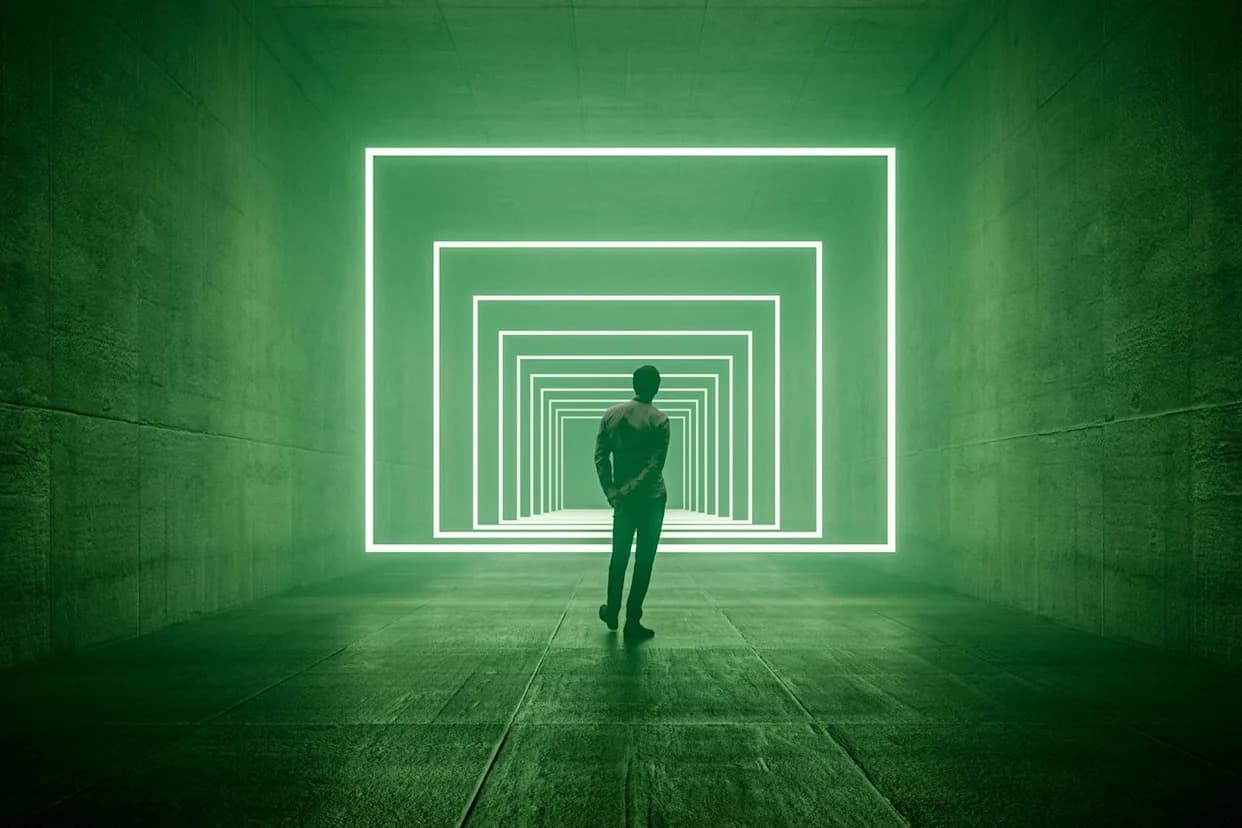The article summarizes a UBC-led mathematical paper claiming that certain theorems in logic and information theory (Gödel, Tarski, Chaitin) imply limits on what algorithms can describe. The authors argue these limits prevent a wholly algorithmic “Theory of Everything,” and therefore rule out a purely algorithmic simulation of the universe. The paper is a theoretical contribution that sharpens, but does not definitively settle, the simulation debate.
UBC Study: Mathematics Suggests the Universe Can't Be a Pure Algorithmic Simulation

Mathematical challenge to the simulation hypothesis
For centuries people have asked whether the world we experience is the ultimate reality or an illusion. Recently, a team led by Mir Faizal at the University of British Columbia published a paper in the Journal of Holography Applications in Physics arguing that, from a strict mathematical standpoint, the universe cannot be fully reproduced by any purely algorithmic simulation.
How the argument works
The paper applies deep results from mathematical logic and information theory — notably Gödel’s incompleteness theorems, Tarski’s undefinability theorem, and Chaitin’s information-theoretic incompleteness — to ask whether all features of reality can be captured by algorithms. The core claim is simple: any simulation must operate by finite, algorithmic rules, so if there exist fundamental facts or truths that are non-algorithmic or computationally undecidable, then no algorithmic simulation could reproduce them.
“Together, these results imply that a wholly algorithmic ‘Theory of Everything’ is impossible: certain facets of reality will remain computationally undecidable and can be accessed only through non-algorithmic understanding,” the authors write.
What the authors conclude
Faizal and colleagues argue that incompleteness and undefinability theorems place principled limits on what computation can describe. They invoke a Platonic view of mathematical truths — a realm of abstract mathematical structure that might underlie physical reality — and contend that parts of this realm cannot be exhausted by algorithmic description. From this perspective, a purely algorithmic simulation could not capture every feature of existence.
Caveats and context
It is important to emphasize what this work is and is not. The paper presents a theoretical, mathematical critique of the idea that a complete algorithmic description of reality is possible. It is not an empirical experiment that demonstrates we are not in a simulation; rather, it highlights limits of algorithmic systems when applied to certain classes of mathematical or logical truths. Philosophers and physicists may disagree about how to map these abstract limits onto physical reality, and some will question whether a hypothetical simulator must be constrained in the same way as formal algorithms in mathematics.
In short, the study contributes a rigorous mathematical perspective to the long-running debate over the simulation hypothesis, arguing that at least some aspects of reality may be inherently non-algorithmic — and therefore beyond the reach of any purely computational simulation. The authors themselves acknowledge that the discussion is unlikely to end here, but they present a clear, technical case that the question can be addressed within mathematics and information physics.
Why it matters
Beyond headline-grabbing implications, the paper intersects with broader efforts in information physics to understand whether phenomena such as gravity or dark matter might be described informationally. Whether or not one accepts the authors' strongest conclusions, their work sharpens the debate by clarifying what mathematical logic can and cannot deliver when used as a foundation for physical theories.
Help us improve.




























